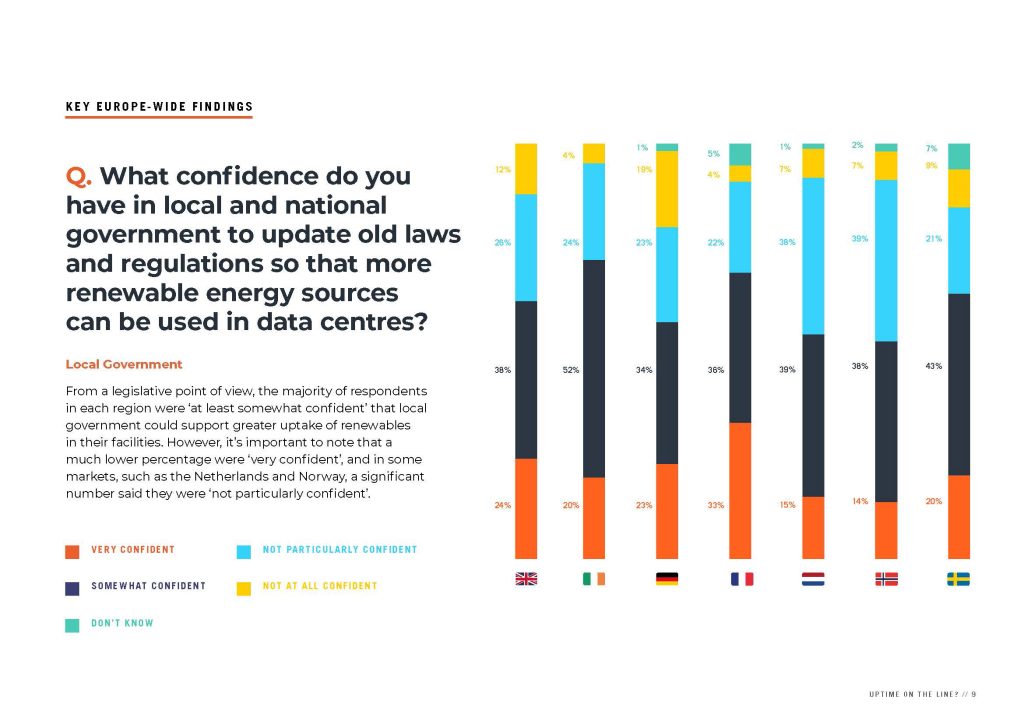The demand for data centres has never been greater. Dubbed the ‘new digital space race’, construction in the industry is at an all-time high but risks being held up by inflationary pressures and external disruptions. Here, Billy Durie, Global Sector Head for Data Centres at Aggreko, explains the increasing sector challenges highlighted in the company’s latest industry research.
In the second half of its two-part report series, Uptime on the Line, Aggreko asked 700 European data centre professionals for their views on the challenges involved during the construction of new facilities. The results highlight the many external pressures that impede the development of new data centres across Europe and the staggering level of demand outstripping supply.
For many contractors, supply difficulties are a major concern that often lead to timeline extensions. Only 8% of those surveyed by Aggreko in key data centre markets across Europe reported no delays due to supply chain-related disruption. The UK, Ireland, Netherlands and Sweden are mainly experiencing delays of up to two months. However, with growth and subsequent demand speeding up and industry professionals vying for the same equipment, this will only worsen.

Alongside this, the pressure to adopt low-carbon construction methods is making it more difficult to achieve the minimum requirement of 3,000 new facilities by 2025. Granted, this issue is complex, with a range of factors affecting the wider adoption of greener technologies. As the graph shows, the research highlighted a lack of confidence among contractors towards local governments throughout Europe, particularly when it comes to updating old laws and regulations to encourage uptake of renewable energy resources.
This challenge is exacerbated by a lack of green subsidies for construction firms and insufficient connections to the grid across Europe. This gridlock is causing tailbacks for infrastructure projects across the continent, waiting to be connected to sparse networks, leaving no option but to extend deadlines.
The demand for new sites to cope with traffic volumes will eventually mean the current procurement and project timeline for data centres will become untenable. However, Aggreko seeks to identify the ‘pinch points’ ahead of work commencing to keep projects on schedule and offset escalating costs.
Its recent report has shown the importance of bridging solutions and presents viable options that can help ease external challenges. For example, stage V generators, gas generation, battery storage and MW transformers can aid in the issue of securing prime power, providing an immediate fix when sites are held up by delays for a grid connection.
Given the current lack of grid infrastructure and delays in waiting for a connection on site, it’s critical for businesses involved in data centre projects to work with suppliers, like Aggreko, that understand these unique challenges.



